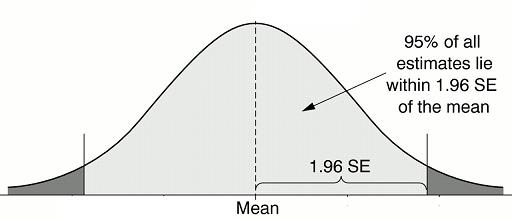Social sciences refer to business, commerce, demography, psychology, sociology, etc. Social sciences directly involve people. Research in social sciences arena deals with the behavior of people in their different roles, such consumers, competitors, producers, executives, salespersons, leaders, workers, followers, teachers, students, opinion-makers, etc. Research in social sciences deals with the systematic method of discovering new facts or of verifying old facts, their sequence, inter-relationship, casual explanations and the natural laws which cover them.
The importance that social science research wields today is immeasurable and enlarging. As social, business and economic problems abound, the significance of social research gets enhanced as it provides workable solutions.… Read the rest



